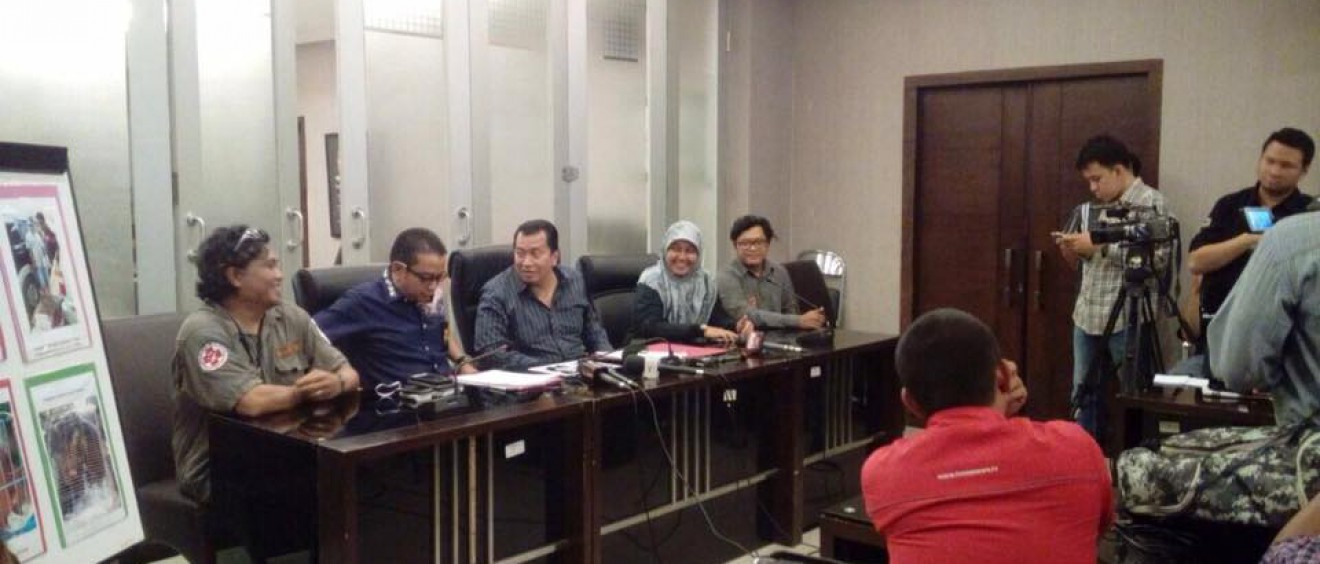
COP COMBAT ILLEGAL WILDLIFE TRADE
Forest clearing to make way for new palm oil plantations is occurring on a massive scale in Sumatra and Kalimantan. This has clearly had a big impact on the illegal wildlife trade in Indonesia. As a result of the clearing, it is getting easier to obtain wildlife, especially those with the greatest monetary value like primates and big cats. Government control over traditional bird markets which are used to trade wildlife has increased and as a result, traders are moving online.
Social media platforms like Facebook play a large role in facilitating the market for illegal wildlife trade. Keeping of protected wildlife used to only be done by certain parts of society as a symbol of status and power. Now, it has spread to all parts of society, especially young people. Young people like to communicate via virtual groups. Traders often enter these groups, posing as members and offer their trades. These groups often become off-line groups which meet in person while the trader hides behind their fake identify and account.
Education and awareness raising efforts of COP and Animals are often met with resistance. Traders fight back and challenge law enforcement. COP and Animals believe that prison is the best classroom for them to learn lessons about wildlife protection.
Specialised strategies are needed to enforce the law and make sure that information about operations is not leaked. The monetary value associated with illegal wildlife trade means that it attracts corrupt officials and even those within wildlife conservation such as veterinarians have been found to be involved. Rivalry between law enforcement agencies is also a challenge.
In the last five years, COP and Animals, in conjunction with law enforcement agencies, have carried out 28 operations, have saved 200 live animals including 25 orangutans, 5 bears, 16 Javan langurs and 16 slow lorises. Cases involving orangutan and tigers usually involve professional and highly experienced traders. The value of the transactions can range from 10 to 200 million rupiah ($US 1,000-20,0000).
22 people have been imprisoned for illegal wildlife trade with sentences ranging from 6 months to 2,5 years. The length of the sentence does not seem to be a deterrent to traders. In our experience, some traders return to selling after being released from prison and others change profession and undertake other criminal work resulting from new relationships that they formed in prison.
COP still believes that law enforcement is the best way to tackle the illegal wildlife trade because this issue is not related to ignorance or poverty. We are dealing with sick people who are proud to break the law and are blinded by the benefits of this illegal activity.



